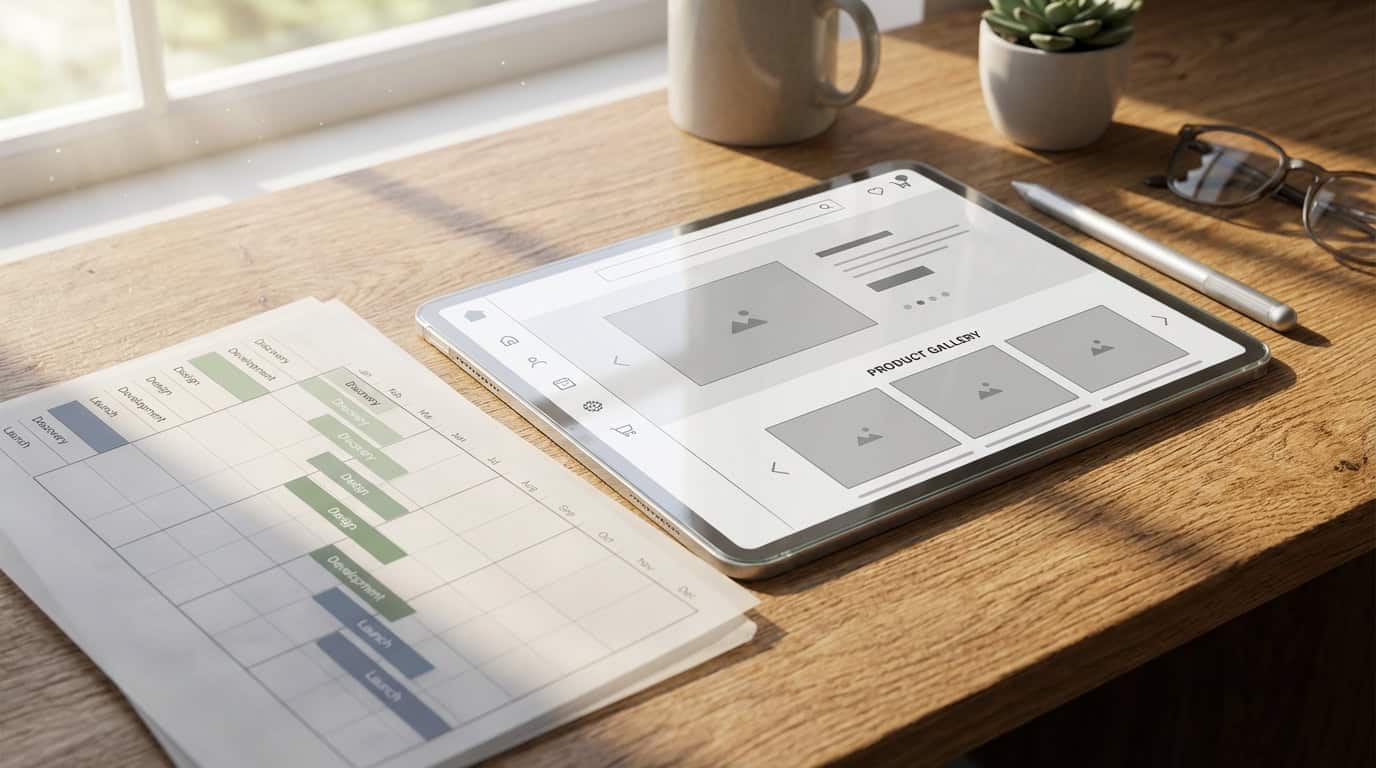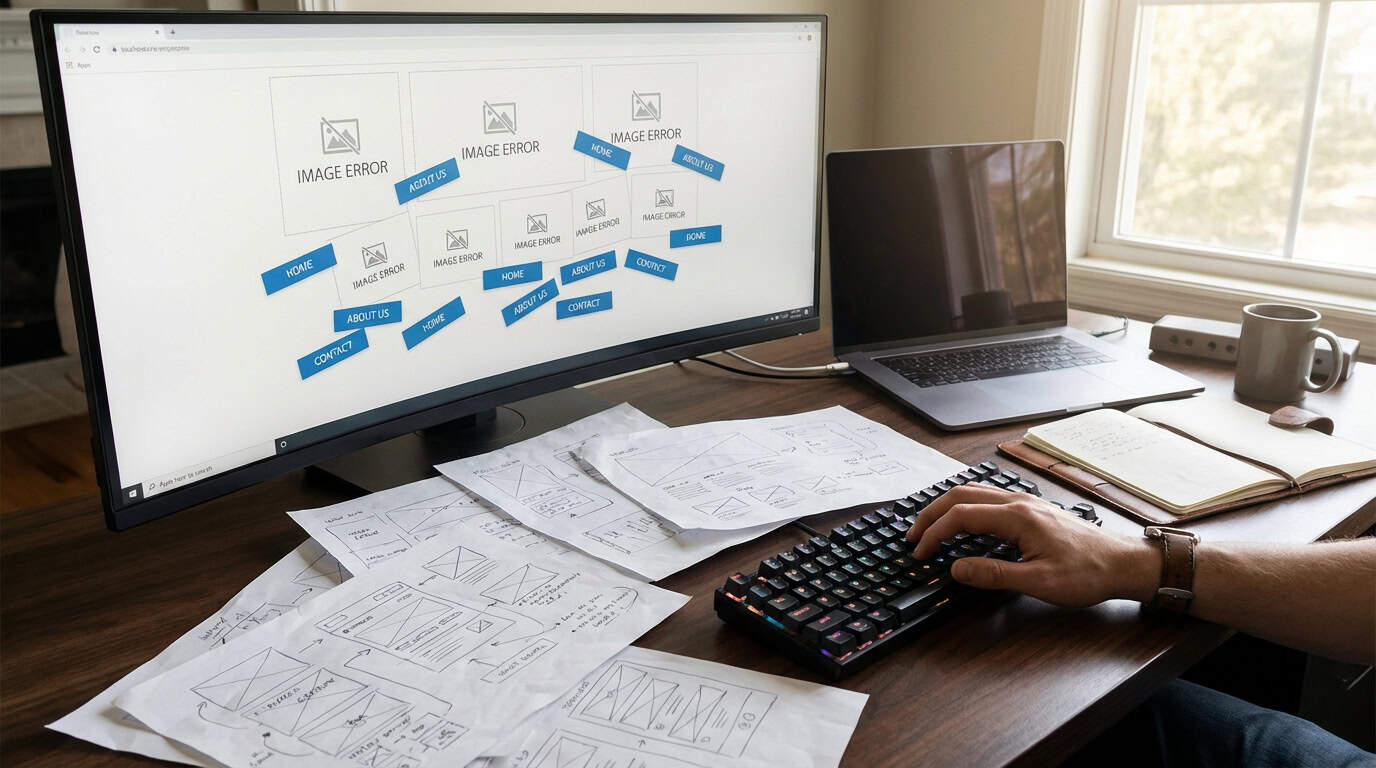Hey there!
In this ultimate guide, I'm going to show you step-by-step how to secure your WordPress website.
We'll cover everything from the importance of regular updates to choosing a secure hosting provider.
I'll also walk you through implementing strong passwords and utilizing two-factor authentication.
Plus, I'll show you how to install and configure security plugins to keep your site safe from potential threats.
Get ready to fortify your WordPress site and protect it like a pro!
Key Takeaways
- Regular updates and backups are crucial for maintaining website security and minimizing the risk of data loss or compromise.
- When choosing a hosting provider, it is important to evaluate their server-side security measures, security protocols, backup solutions, and encryption for website and visitor data.
- Strong passwords should be created, regularly updated, and not reused to ensure the first line of defense against unauthorized access.
- Two-factor authentication adds an extra layer of security by requiring users to provide two forms of verification, reducing the risk of unauthorized access and protecting against phishing attacks and password breaches.
Importance of Regular Updates
Regular updates are essential for maintaining the security of your WordPress website. One of the most important aspects of website security is the regular backup of your data. Regular backups ensure that even if your website gets compromised, you can quickly restore it to a previous, secure state.
Backups provide a safety net, protecting your valuable content and preventing any loss of data. Another crucial step in securing your WordPress website is using a web application firewall (WAF). A WAF acts as a barrier between your website and potential threats, filtering out malicious traffic and preventing unauthorized access.
It scans incoming requests, detects and blocks suspicious activity, and safeguards your website from attacks. By combining regular backups and a web application firewall, you significantly enhance your website's security, minimizing the risk of data loss or compromise.
Choosing a Secure Hosting Provider
When choosing a secure hosting provider for my WordPress website, it's important to consider various factors. One of the key factors is evaluating the server-side security measures implemented by the hosting provider. This includes assessing the security protocols, firewalls, and intrusion detection systems they've in place to protect against unauthorized access and attacks.
Another crucial aspect to consider is the importance of regular backups. A secure hosting provider should offer reliable backup solutions to ensure that your website's data is regularly backed up and can be easily restored in case of any unforeseen events or data loss.
Additionally, it's essential to choose a hosting provider that offers secure communication protocols, such as SSL/TLS, to encrypt data transmission between the website and its visitors.
Implementing Strong Passwords
To ensure the security of my WordPress website, it is crucial that I implement strong passwords. Passwords are the first line of defense against unauthorized access and malicious attacks. Implementing strong passwords involves creating unique, complex, and lengthy combinations of characters, numbers, and symbols. It is also important to regularly update passwords and avoid reusing them across different platforms.
In order to facilitate the management of multiple strong passwords, password management tools can be used. These tools securely store and generate strong passwords, eliminating the need to remember them all. They also provide the convenience of automatically filling in login credentials, making the login process faster and more efficient.
Educating users about password security is equally important. By raising awareness about the importance of strong passwords and the risks of weak ones, users can be empowered to take responsibility for their own online security. This includes avoiding common password pitfalls such as using personal information, dictionary words, or easily guessable patterns.
| Benefit of Password Management Tools | Benefit of Educating Users |
|---|---|
| Simplifies password management | Increases awareness |
| Generates unique and complex passwords | Promotes responsible behavior |
| Enhances security | Reduces risk of password breaches |
| Improves efficiency | Empowers users to protect themselves |
Implementing strong passwords and utilizing password management tools can significantly enhance the security of my WordPress website. By educating users about password security, we can collectively work towards creating a safer online environment.
Utilizing Two-Factor Authentication
One essential security measure to strengthen my WordPress website is implementing two-factor authentication. Two-factor authentication adds an extra layer of security by requiring users to provide two forms of verification before accessing their account. The implementation process involves enabling two-factor authentication on the WordPress website and choosing a method for the second factor, such as a text message, email, or authenticator app.
There are several benefits to using two-factor authentication. Firstly, it significantly reduces the risk of unauthorized access, as even if someone obtains the user's password, they'd still need the second factor to log in. Secondly, it provides an added level of protection against phishing attacks and password breaches.
However, two-factor authentication does have its limitations. It can be inconvenient for users, as they've to go through an extra step to access their accounts. Additionally, if the second factor is lost or compromised, it can cause difficulties in accessing the account.
Installing and Configuring Security Plugins
I recommend installing and configuring security plugins to enhance the protection of your WordPress website. These plugins provide additional layers of security by adding features such as firewall settings and regular security audits.
Here are three reasons why you should consider installing and configuring security plugins:
- Configuring firewall settings: Security plugins often come with built-in firewall settings that can help block malicious traffic and prevent unauthorized access to your website. By configuring these settings, you can ensure that only legitimate users are able to access your website, reducing the risk of a successful attack.
- Conducting regular security audits: Security plugins can help you regularly scan your website for vulnerabilities and potential security issues. By conducting regular security audits, you can identify and address any weak points in your website's security before they can be exploited by attackers.
- Enhancing overall security: By installing and configuring security plugins, you're taking proactive steps to enhance the overall security of your WordPress website. These plugins can help protect your website from common security threats, such as malware injections and brute force attacks, providing you with peace of mind and ensuring the safety of your website and its data.
Frequently Asked Questions
How Can I Prevent My WordPress Website From Getting Hacked Without Regular Updates?
Regular updates are crucial for preventing WordPress website hacks. However, it's also important to regularly backup your site and implement a website firewall. These measures work together to enhance the security of your WordPress website.
What Are the Key Factors to Consider When Choosing a Secure Hosting Provider for My WordPress Website?
When choosing a secure hosting provider for my WordPress website, I consider factors like strong server security measures, regular backups, SSL certificates, and support for automatic updates. These are crucial in safeguarding my website from potential threats.
Are There Any Recommended Password Management Tools or Techniques for Implementing Strong Passwords?
Yes, there are recommended password management tools and techniques for implementing strong passwords. These tools help generate and store complex passwords securely, enhancing the overall security of your WordPress website.
Can You Provide Some Tips or Best Practices for Setting up Two-Factor Authentication on a WordPress Website?
To enable two-factor authentication on a WordPress website, follow these best practices: 1. Install a reliable two-factor authentication plugin. 2. Configure the plugin settings to require two-factor authentication for all users. 3. Educate users on the importance of using strong authentication methods.
Besides Security Plugins, Are There Any Additional Security Measures or Steps That Should Be Taken to Protect a WordPress Website From Potential Threats?
Implementing website firewalls and regularly monitoring website logs are essential security measures to protect a WordPress website from potential threats. These steps help detect and prevent unauthorized access, ensuring the safety and integrity of the site.



